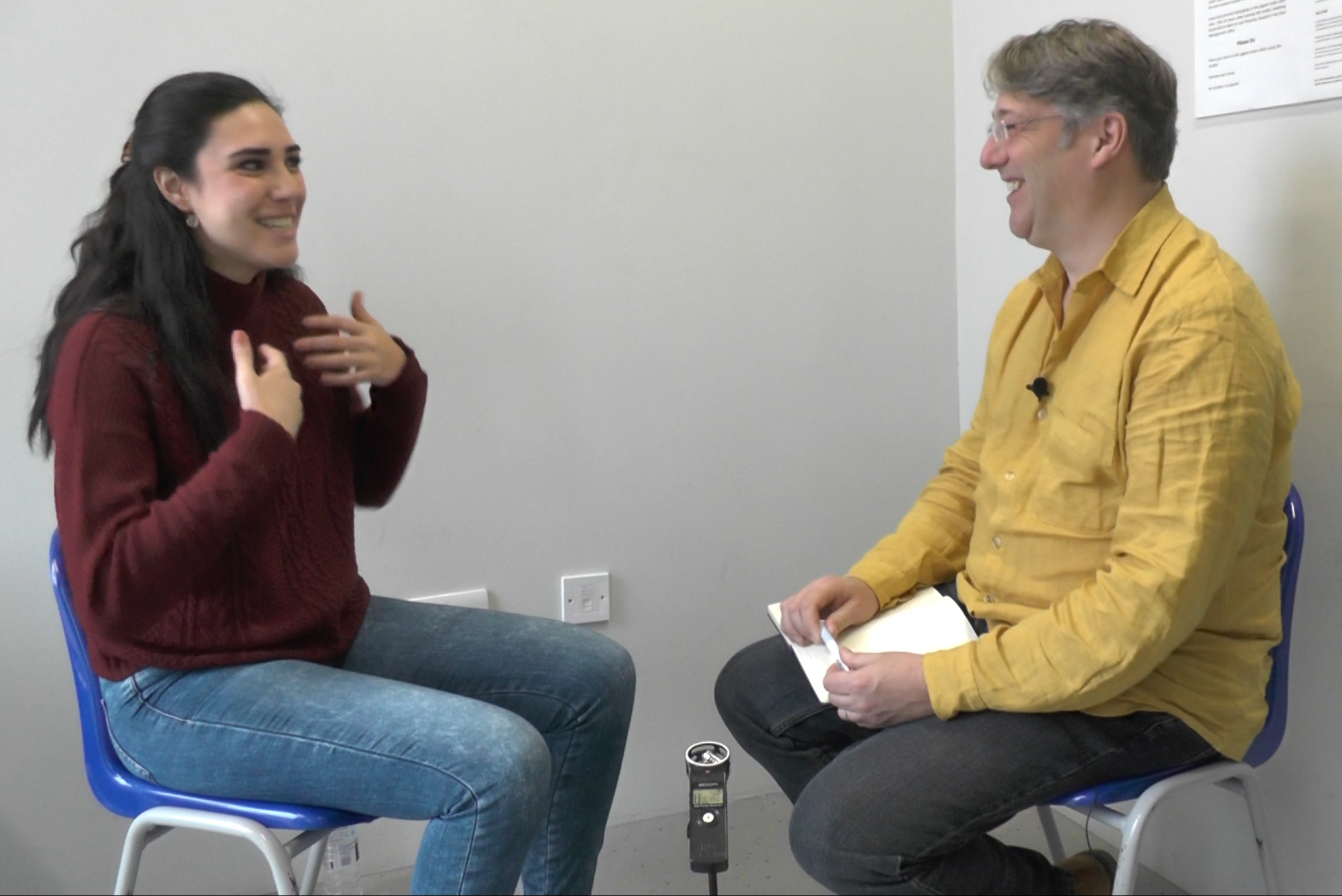
If you’ve attended any NLP training or read any other books, you’ve probably come across the idea of ‘calibration’.
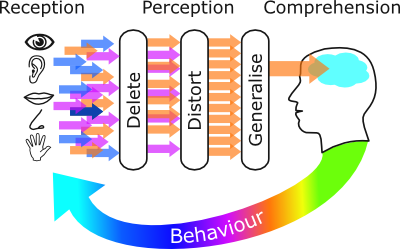
The fundamental principle of NLP is that our experience of reality is not created 'out there' in the world, it is created through a series of subjective processes so that we each create our own personal reality. Conflict arises when our separate subjective realities have no common ground and we are left unable to communicate with others. But how do we know what is being lost or changed as information enters our personal, individual experience?
In common language, we often talk about concepts such as self-worth, self-care and self-awareness. Yet these concepts cannot exist in the real, physical world. This is often one of the most challenging concepts for students of NLP to get to grips with.
Some useful and interesting apps to support your NLP journey
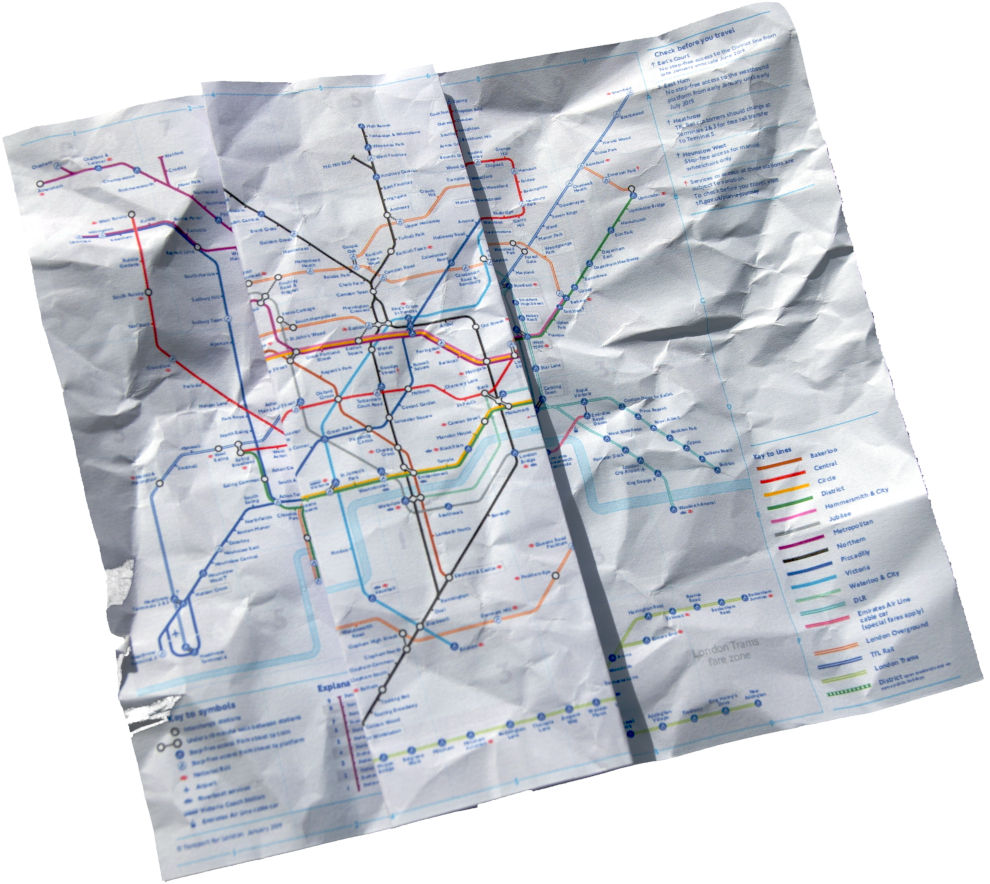
NLP has two language models, the Meta Model and the Milton Model. Find out what they are, how they work and why you might use them in your communications.
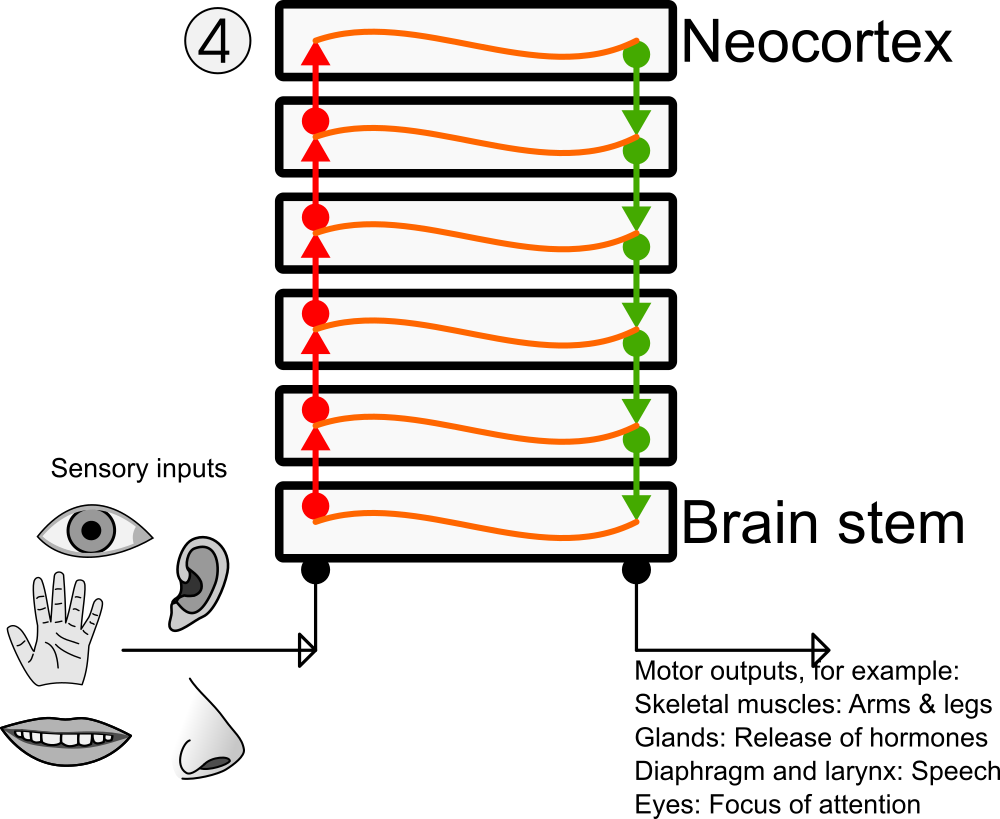
Your human system, comprising your senses, your brain, your nervous system, your muscles, everything that is 'you', contains two processing systems which work in balance. One is always late, and one is always wrong.
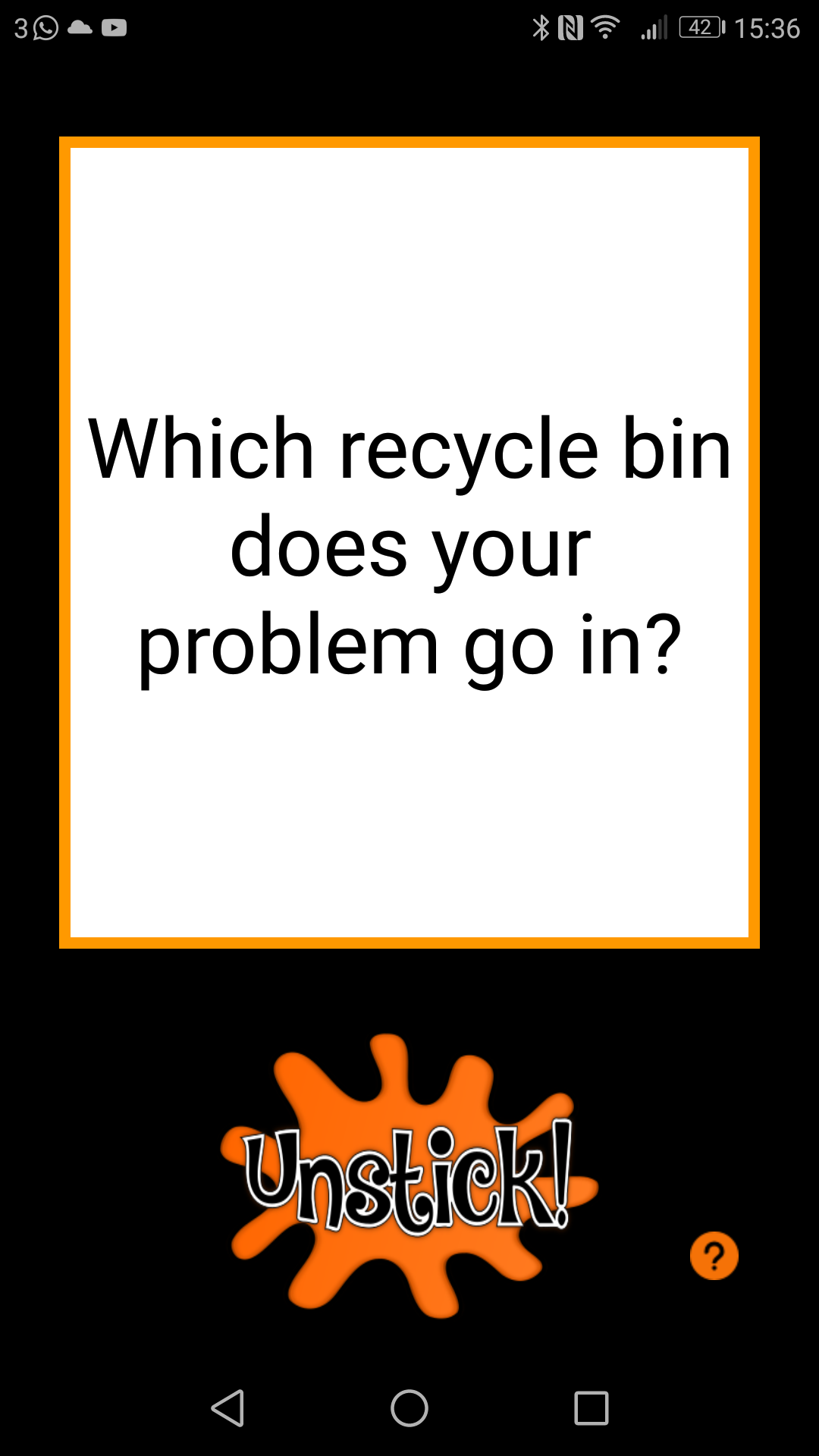
Here are some handy online tools that will help you to learn and apply NLP.

How can you improve your ability to hear Meta Model distinctions in conversation, even in real time? Perhaps the easiest way is by learning the rules of the radio quiz show 'Just a Minute'.
There's a lot of confusion in the NLP Training world about the connection between TOTE and Strategies, so I'm going to clear that up with an explanation of the underlying neural processes. But first, a trip back in time to 1835.
I wanted to share some obsolete knowledge from my telecoms days, because I think it's relevant to a recent post where there was much debate on the categorisation of words.
Here's a recording of a webinar in which I explain how asking questions when a client is stuck can be counterproductive.
You can watch the video here, and I've also attached a transcript of the main points.

Here are some practice exercises for you if you're working on your linguistic analysis skills. You'll find some useful articles in the 'About NLP' section of this website which you might find helpful.

The professional, ethical use of NLP in business is a greatly under-rated and over-hyped application. So many trainers and writers focus on the same cliched applications of sales, influence, negotiation, but the reality is - that's not what most people's jobs entail.

I presented a workshop at the 2017 NLP Conference in London on this subject, so here are some notes from the video which you can find here on Facebook, and here on YouTube.

Here are a few resources that you might find interesting. Some are about NLP, some are more general, all are worth a look.

You'll often see discussions about whether NLP needs to be proven in order for it to be useful. Here's what I think.

I've seen a lot of talk recently about the use of NLP language in advertising and marketing. Here's my view on it.
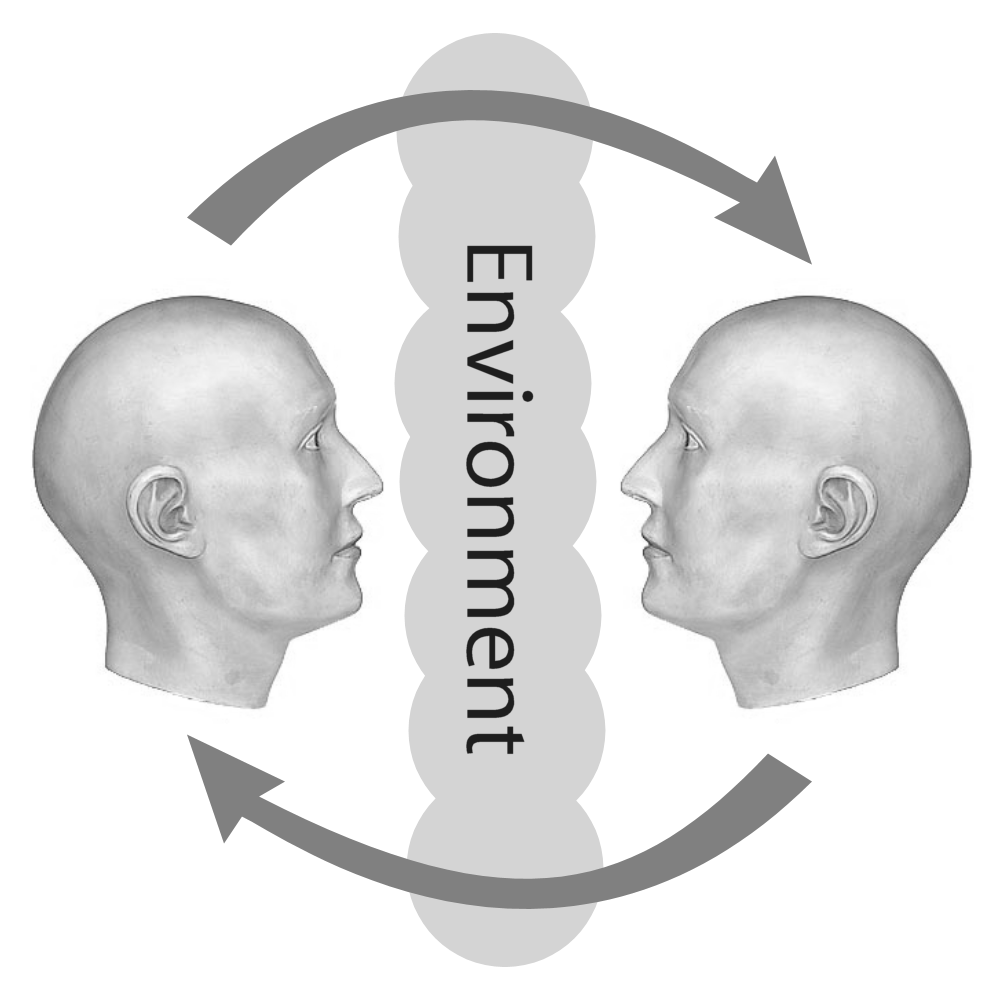
On any NLP Practitioner training I've ever seen, students are taught how to get into rapport. Seriously, it's a total waste of time, and at worst, harmful to a normal working relationship.
